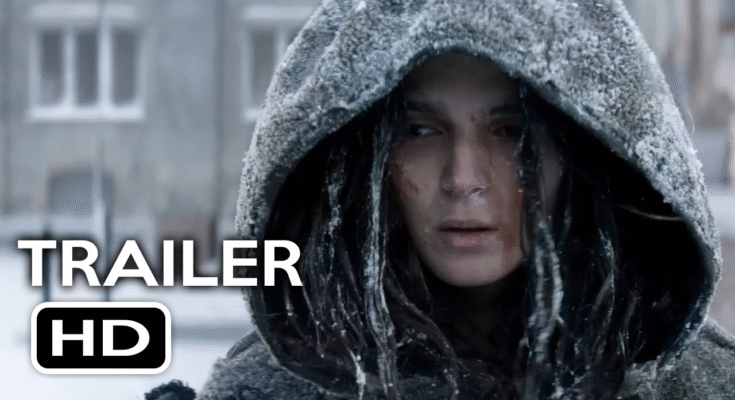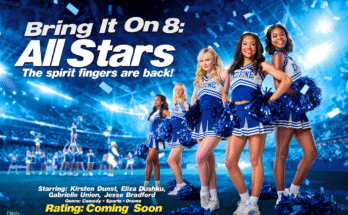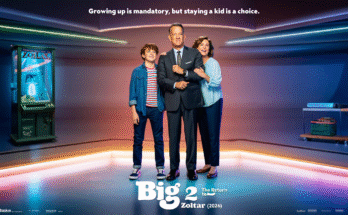The world of Extinction (2015) is one where silence screams louder than words, and every snowflake that falls feels like a nail sealing humanity’s coffin. In this frozen apocalypse, the dead do not rest, and the living barely endure. Beneath the endless white, horror sharpens its claws.
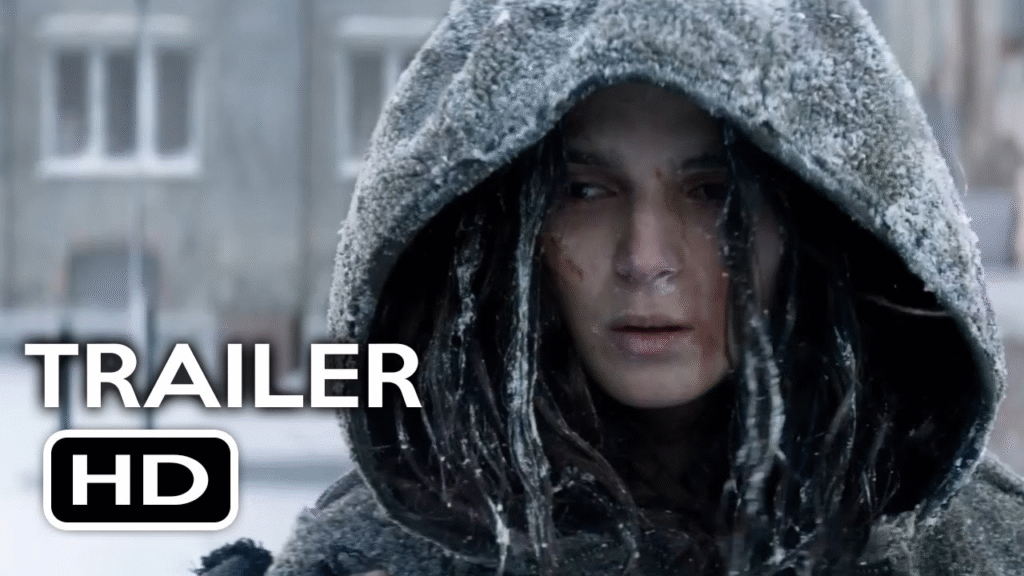
The story centers on two survivors who once fought side by side but are now fractured by trauma and mistrust. Their bond, once forged in fire and blood, has become brittle as ice. Between them is a child—innocent yet burdened with the responsibility of being the last fragile spark of a future.
Matthew Fox embodies raw, haunted intensity. His character is marked by guilt, rage, and a restless energy that mirrors the storms outside. Every glance, every hesitation shows a man fighting not only monsters but also the weight of his own soul.
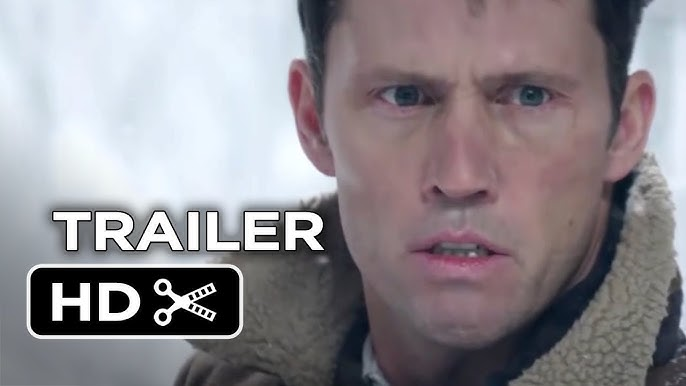
Opposite him, Jeffrey Donovan portrays stoic resilience. His role reflects a quiet strength, a determination that borders on detachment. He survives because he must, not because he hopes. His silence is both a shield and a prison.
The infected remain as terrifying as ever—grotesque, relentless, and stripped of all humanity. The cold has not slowed their hunger; it has only sharpened their cruelty. Each appearance is a reminder that death never truly sleeps.
Director Miguel Ángel Vivas turns the icy wasteland into a character of its own. The snowstorms howl like banshees, homes crack beneath the weight of frost, and the world feels both vast and suffocating. Survival here is not only a fight against monsters but against the land itself.
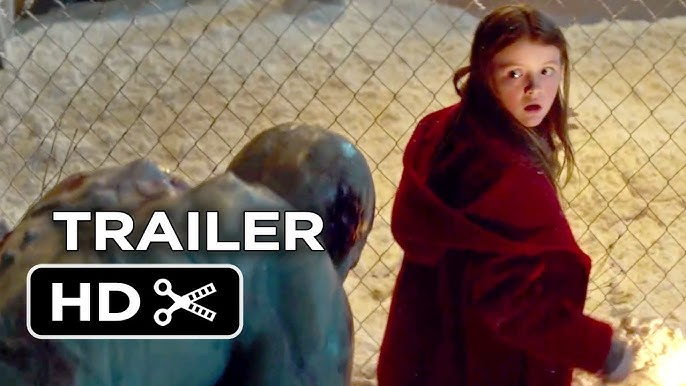
The film does not shy away from despair. Every frame carries a bleak stillness that mirrors the broken hearts of its survivors. It is not horror in the jump-scare sense, but horror born of hopelessness, where even silence feels dangerous.
And yet, amidst the terror, the child becomes a beacon. She is the fragile thread that forces the men to remember what it means to protect, to sacrifice, to believe in a tomorrow. Without her, survival would be meaningless.
Thematically, the movie blurs the line between man and monster. Is the true enemy the infected, or is it grief, mistrust, and the coldness inside the human heart? The question lingers long after the final scene, chilling the soul more than any storm.
By the climax, the fragile truce between the survivors and their own demons collapses into chaos. Violence erupts, storms rage, and the truth becomes clear: survival is not victory—it is a curse.
Extinction (2015) is more than a frozen horror story. It is a meditation on despair, fractured humanity, and the cruel beauty of endurance. Beneath the snow and silence, it asks: what does it mean to keep living when hope itself has turned to ice?
